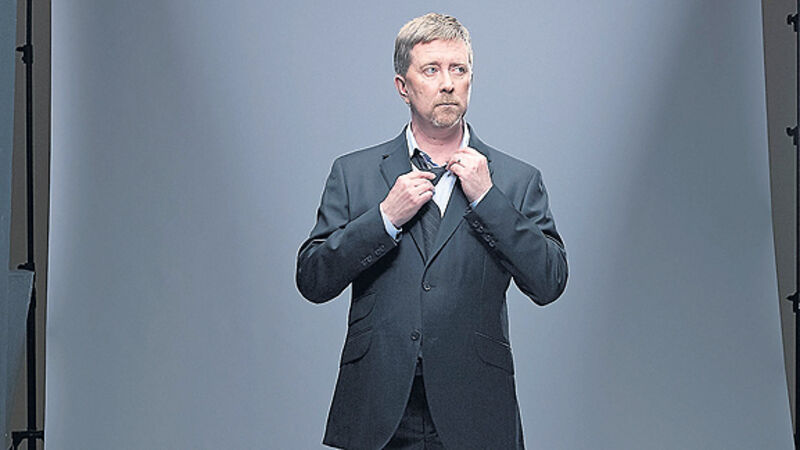Mr EL James is 50 Shades of discretion

IT IS for entirely puerile reasons that I find myself interviewing Niall Leonard. Besides that, he has just written his first book. It isn’t bad, the book: a dark thriller aimed at teenage boys. It is sure to do well — he’s been commissioned to write three in a row, which suggests his publisher is confident that they will all be hits.
So, in a whitewashed photographic studio where Leonard is having his picture taken, we talk for some time about the scourge of computer games and the absence of readable literature aimed at the over-12s.











